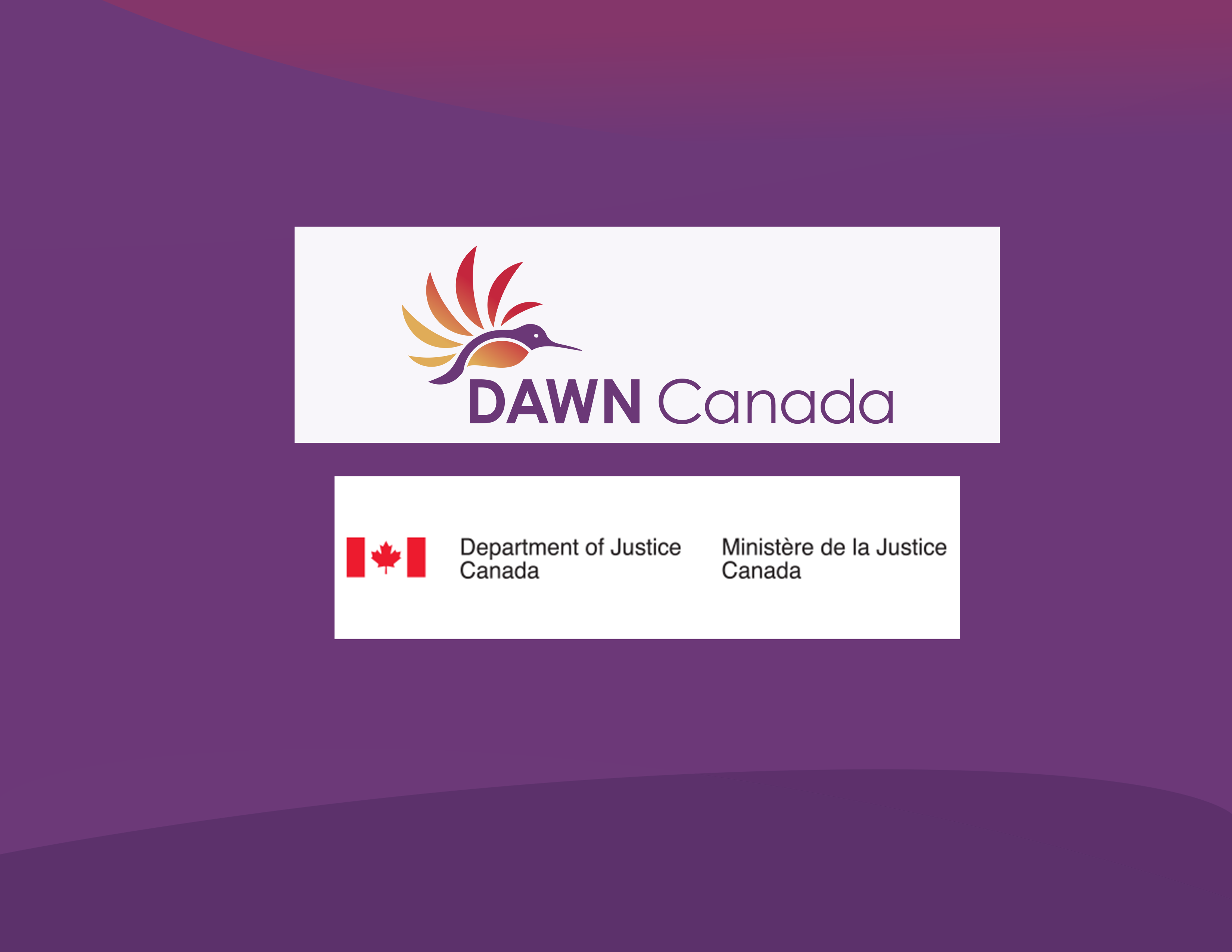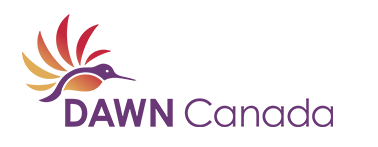Les chercheuses de DAWN publient les conclusions du ministère de la Justice

DAWN Canada’s research team worked with the Department of Justice on a study to focus on how people with disabilities are affected by the justice system in Central Canada.
“Unsurprisingly, our results confirm that people with disabilities experience barriers and encounter serious legal issues frequently,” said DAWN Canada researcher, Dr. Jihan Abbas. “This is compounded by a legal and justice system that remains largely inaccessible, which often leads to negative impacts for persons with disabilities.”
The study highlights several findings for those who have mental and physical disabilities when interacting with the justice system including employment issues, education barriers, housing issues, and inaccessible services.
Participants noted that there was no single clear or linear path available to reach a resolution, so they were often left to navigate an unclear, inaccessible and confusing process.
The study found that many participants reached out to their own support network such as community advocates and groups, allied and sympathetic professionals such as doctors, care workers and so on, law enforcement, legal aid clinics, lawyers, paralegals and human rights tribunals; and family, friends and personal support networks.
The study found that as a result of lack support and accessible, participants were left with emotional trauma and stress, financial impact, and social impact.
While the study highlights the areas in which the justice system failed participants, it also offered solutions.
“These results strengthen calls for systemic change and a legal and justice process that is clear and accessible,” says Abbas.
Reconceptualize “justice” in ways that address the needs of all marginalized groups, and seek resolutions, such as the removal of systemic barriers. As well as to build a justice process offers a overview of the issue instead of focusing on the individual that may re-traumatize them or force them to always have to fight for their rights on an individual level This includes creating an accessible process and providing plain-language resources to better understand the process. And finally, to invest in community organizations and supports that can address the intersectional needs of people with disabilities.
To access the full research, visit https://www.justice.gc.ca/eng/rp-pr/jr/pwdcc-phcc/index.html
